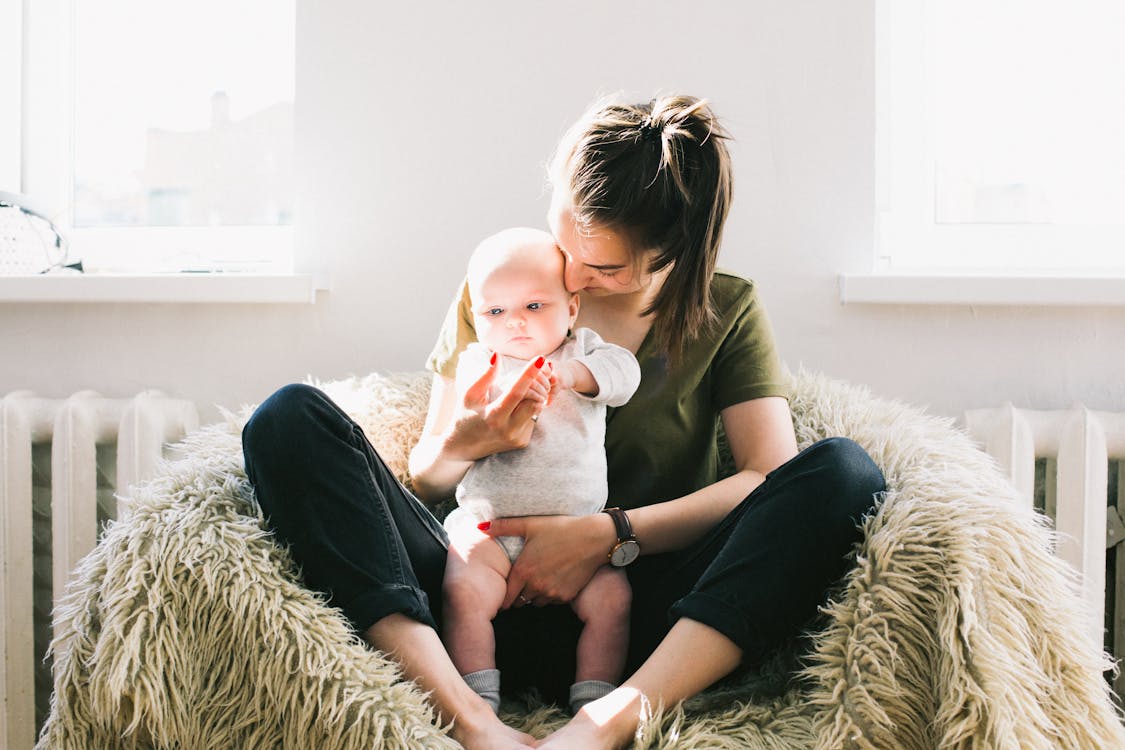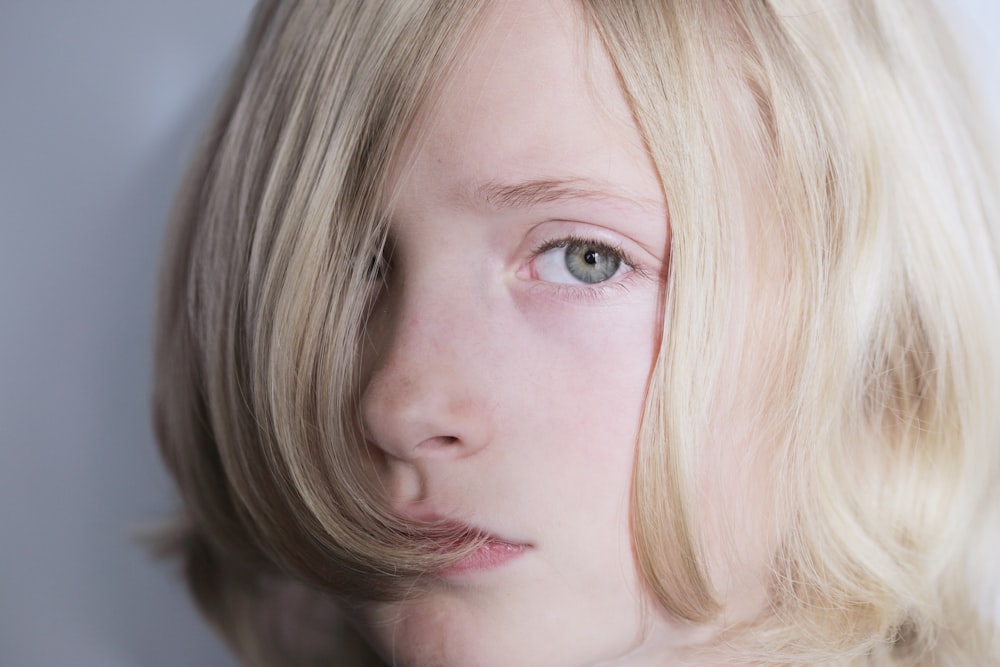The science of corporal punishment. With fact-checked facts and everything.

You know what the most annoying thing in the world is when you are a parent? Other people telling you what to do as if they know better. Backseat parenting drives me crazy. Until I'm the one doing it. I have dear friends who spank their kids, and I always try to talk to them about the science of it. They always respond with, "I know what's best for my kids, just like you know what's best for yours." Which is exactly what I'd say if someone told me that I was doing it wrong. Every kid is different. Every kid has their needs.
However, during those discussions, I'd say there is science that backs up doing something other than spanking. They'd always ask for specifics. I never had them. Until now. So here's an infographic explaining what 36,000 people and 88 studies found.
The biggest takeaway for me? Even if you spank with control, discipline, and good intent, your kids are more likely to have depression and engage in aggressive behavior in adulthood.

For those of you who spank your kids, let me just declare: I am in no way attacking your parenting skills or blaming you for anything. Parenting is hard. I've wanted to spank my kids on numerous occasions. But learning about the science can help you in the future.
Maybe it's what you grew up with. Maybe it's what you have always known. But the science is hard to ignore. Take from it what you will, but just know I'm not here to judge you — I'm only here to ask you to consider an alternative.
I think we can all agree that we want what is best for our children.

No comments:
Post a Comment